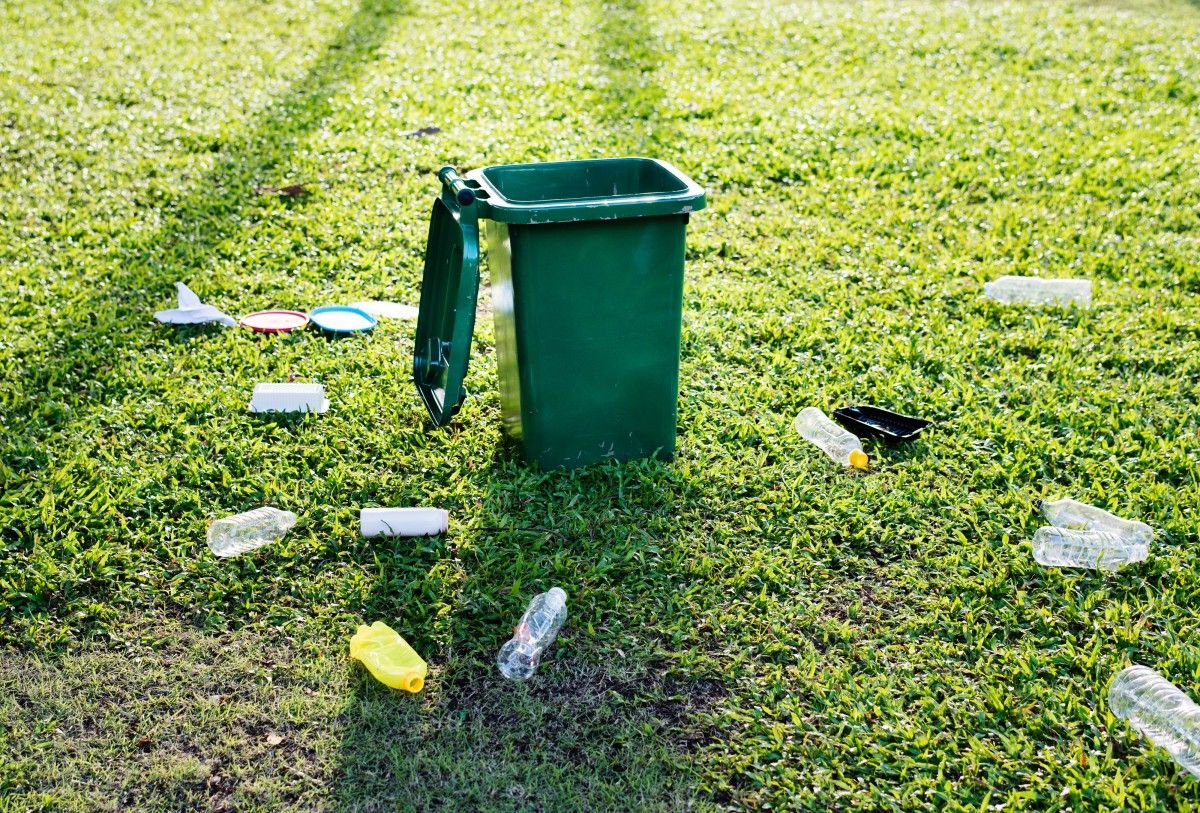There is a narrative on social media platforms that the Danes are messy blighters out in public – especially the teenagers, who love nothing more than marking out their territory with a perimeter wall of litter.
Post-Distortion and New Year’s Eve are normally our favourite times of the year to complain about the huge shards of broken glass, pizza box mountains and soggy firework residue that greet us on our journey into work.
But the Coronavirus Crisis has presented us with a new occasion: every day in the parks.
Conditions have accordingly been exacerbated by 50 percent more sunshine than normal, a 35 percent increase in park usage, and a 70 percent reduction in outdoor municipal cleaners.
Things won’t change overnight
As thousands descend on grassy patches all over the city, they are noticeably leaving huge amounts of litter behind, reports TV2, and it is an uphill struggle to clean it up, according to Nikolaj Hvingtoft Hansen, the COO of Teknik and Miljøforvaltningen at Copenhagen Municipality.
With 70 percent of the staff responsible for keeping the parks litter-free sent home due to the coronavirus crisis, Hansen isn’t optimistic the parks will miraculously clean themselves anytime soon.
“With most of the municipalities manned by only 30 percent of the required staff, things won’t change overnight. However, they are planning to bring back staff to duty gradually,” he told TV2.
Photos condemn Nørrebroparken
TV2’s article concerning the rubbish in the parks carried four photos of litter in Nørrebroparken.
Additionally it claimed Fælledparken, Havneparken, Ørstedsparken and the green areas around Islands Brygge are also badly littered.
The article suggested the rubbish is a favorable breeding ground for rats and insects, but Hansen did not agree.
He appealed to Copenhageners to take their trash home with them and to use the app ‘Giv et praj’ to inform the authorities if their local dustbins are overflowing.














